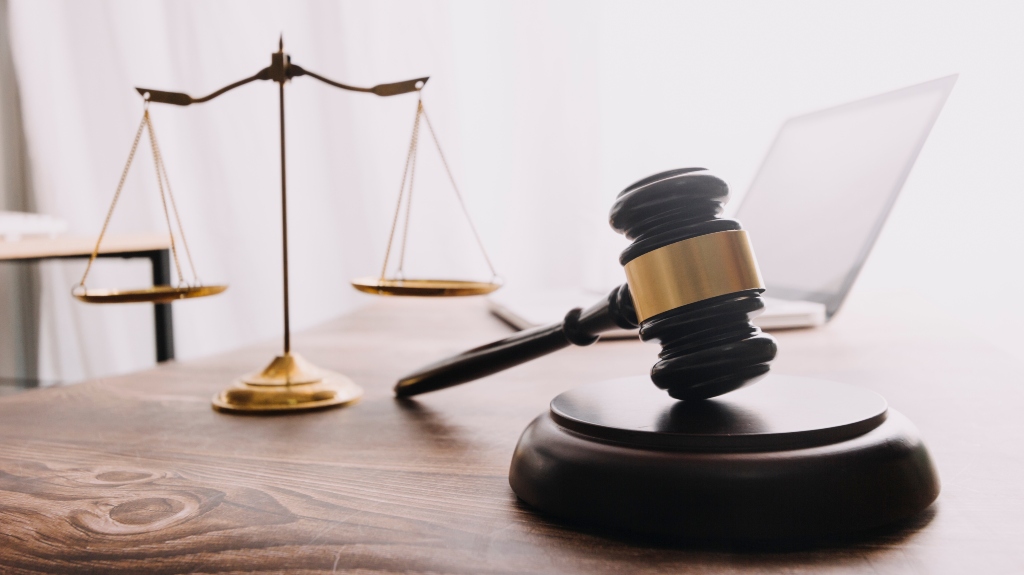Personal injury law is an area of law that establishes your rights when you have been injured by another person. This type of law governs different situations that create grounds for your claim, who you can make a case against, what you need to prove to win your legal claim, and what financial damages you may be entitled to.

Most Common Types of Personal Injury Cases
Although a variety of situations can give rise to a viable personal injury claim, some situations result in these personal injury cases more frequently than others. They include the following:
- Motor vehicle accidents
- Trucking accidents
- Pedestrian accidents
- Bicycle accidents
- Construction accidents
- Slip and fall accidents
- Premises liability accidents
- Work accidents
- Wrongful death accidents
However, if you suffered harm due to another person’s actions and want to know your legal options, consider speaking to an experienced personal injury attorney to learn more about the remedies you can pursue.
Types of Damages Available After a Personal Injury Accident
Financial damages in a personal injury lawsuit refer to the compensation an individual could receive for the harm and losses they suffered from the accident. These damages are often divided into compensatory damages and punitive damages.
Compensatory Damages
Compensatory damages refer to compensation that aims to make an injured party whole and reimburse them for the losses incurred as a result of their injuries. These damages can also be divided into two subcategories: economic and non-economic damages.
- Economic damages are damages that have a monetary value. These losses are quantifiable and include losses such as lost income, rehabilitation costs, medical bills, and other expenses.
- Non-economic damages are damages that are hard to quantify and often more subjective. They include losses such as mental anguish, loss of enjoyment of life, and pain and suffering.
Punitive Damages
In comparison, punitive damages are not awarded to compensate a person after an accident but to penalize the defendant’s wrongful actions. However, to be awarded these damages, the wrongful party’s behavior must be found especially egregious or harmful.
The Statute of Limitations
The statute of limitations is a law that indicates the maximum amount of time individuals have to initiate legal proceedings. These periods vary by type of injury and state, and failure to file within this time period can result in a person losing their right to seek compensation. As a result, after an accident, you should not wait to explore your legal options. Instead, consider reaching out to a skilled and knowledgeable personal injury attorney as soon as you can to avoid missing critical deadlines.
Reach Out To Richard D. Hobbs & Associates Today To Learn More About the Legal Options You Have
If you or someone you care about has been injured in a personal injury accident in Georgia and you want to know what legal options you have, contact Richard D. Hobbs & Associates today to review your case for free. Our experienced legal team can help you understand your rights and assist you in pursuing the compensation you deserve.